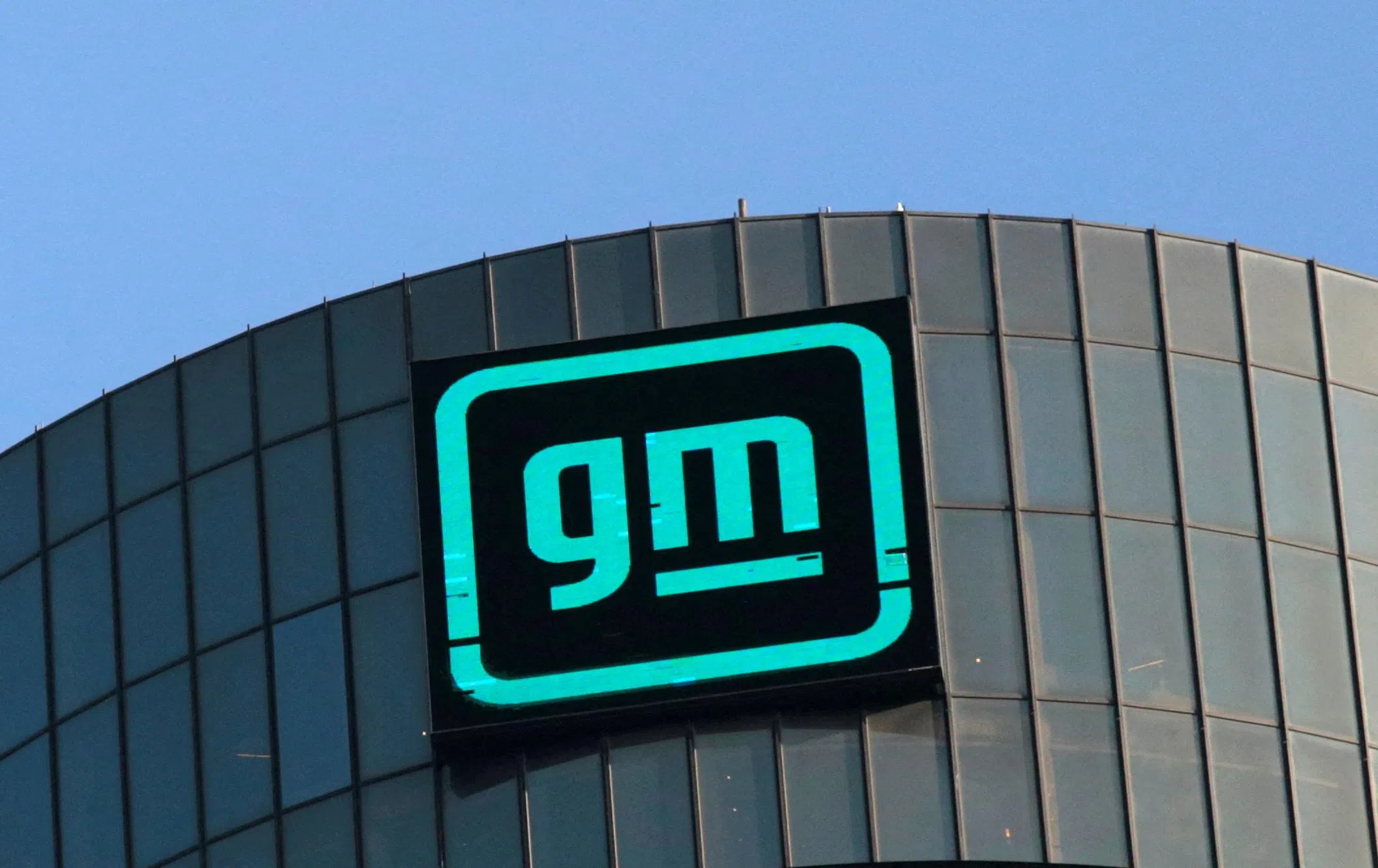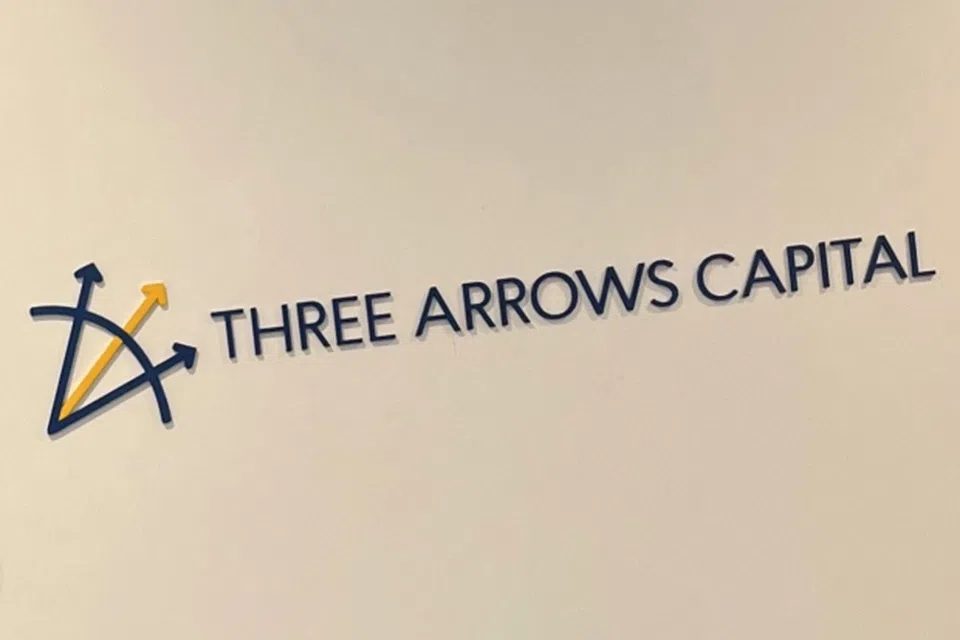Uma Abu
Born and raised in Jos, Plateau State, Nigeria, Uma Abu has always been driven by an insatiable curiosity about how things work. This curiosity was nurtured by his father, who recorded shows like How It’s Made from the Discovery Channel. Even as a young student in boarding school, Uma’s mind was constantly racing with questions about the mechanics behind everyday objects and systems.
One defining moment in his early years came in the fifth grade when he had the opportunity to visit an airport and witness an airplane land and take off. The sight of something so massive, seemingly defying gravity, sparked his fascination with engineering. In that moment, Uma decided that his future would be in aerospace engineering, with dreams of becoming a pilot.
In 2014, he moved to the United States to pursue this dream, enrolling in Aerospace Engineering at Iowa State University. However, after three years of intense coursework in aerodynamics and physics, the magic began to fade. As he unraveled the scientific principles behind flight, Uma’s passion for aerospace engineering waned—it felt like learning how a magician performs their tricks. Eager to find a field that could continuously fuel his curiosity, he set his sights on software engineering.

Switching majors was a bold step, especially since it came in the middle of the semester. Without the option to take formal software engineering classes at that time, Uma took matters into his own hands. He turned to Lynda.com (now LinkedIn Learning), teaching himself HTML, CSS, and JavaScript, and built a simple web calculator as his first project. His self-taught skills landed him his first software engineering internship, a pivotal moment in his journey.
That internship opened the floodgates of possibility. From there, Uma worked on various projects—redesigning websites, automating industrial drives at Rockwell Automation, and even analyzing mosquito noises using C++ scripts for a research project. During every break or holiday, he would take on personal projects, whether it was developing mobile apps, experimenting with IoT, or solving problems that piqued his curiosity. The question, “How does this work?” constantly drove him to build things himself.
In parallel, he began interviewing with big tech companies like Google, Facebook (now Meta), and Microsoft. The technical interviews were brutal, focusing heavily on algorithmic challenges that Uma wasn’t prepared for. After failing about nine interviews, he realized that to achieve his goal of landing a role in one of these tech giants, he needed to change his approach. He immersed himself in technical interview preparation, solving countless LeetCode problems until he mastered the process. By the end of his college career, he had received an offer from Microsoft, joining their Networking Automation team right after graduation.
Once settled into his career, Uma sought new challenges. He launched a YouTube channel to teach technical interview strategies, drawing from his own experience of struggling through those tough interviews. What started as a niche endeavor soon expanded into a platform where he could explore and share broader programming concepts—everything from how Google Maps works to building projects in real time. His content eventually spread across Instagram, TikTok, and LinkedIn, where he now has a combined following of over 100,000.
In 2021, Uma co-founded Candoor, a platform designed to provide meaningful feedback to students applying for jobs—feedback that he himself had found so crucial to his own success. Candoor connects professionals with aspiring leaders from underserved communities, offering them one-on-one mentorship that can open career doors. To date, the platform has facilitated over 1,000 conversations, helping people secure internships, refine their career paths, and gain critical skills for the future.
In 2024, Uma took another leap, founding Umacodes Academy, a cohort-based program designed to help aspiring software engineers become job-ready. His goal was to bridge the gap for those who had learned how to code but didn’t yet know how to translate that knowledge into a career. As the academy evolved, he launched the ProDev Coaching program, where he now works one-on-one with software engineers to level up their skills and land better roles. So far, he has helped over 10 engineers take their careers to the next level.
Recently, Uma transitioned to the Microsoft Substrate team, where he is responsible for handling data across Office 365 products like Word, Teams, and PowerPoint. His journey has been anything but linear, but his passion for software engineering and his drive to keep learning have been the common threads throughou
Follow on Instagram: umacodes






